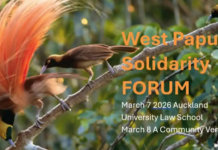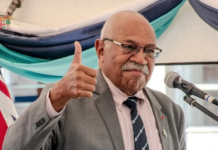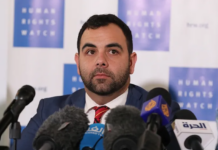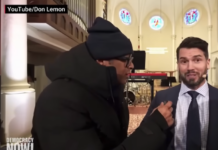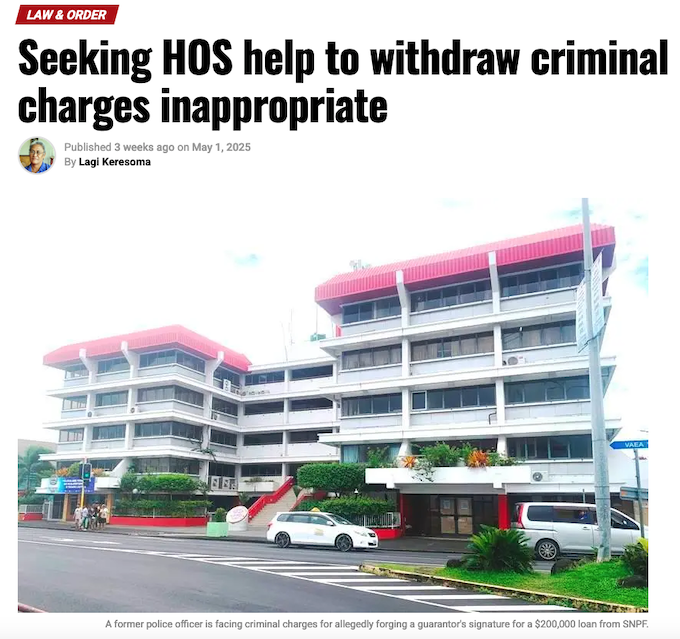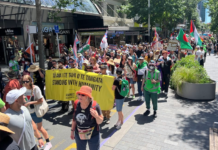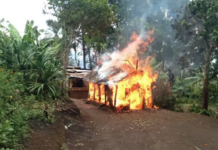A punitive defamation charge filed against one of Samoa’s most experienced and trusted journalists last week has sparked a flurry of criticism over abuse of power and misuse of a law that has long been heavily criticised as outdated.
Talamua Online senior journalist Lagi Keresoma, who is also president of the Journalists Association of Samoa (JAWS), was charged with one count of defamation under Section 117A of Samoa’s Crimes Act 2013 on May 18.
She was elected in 2021 as the first woman to hold the presidency.
- READ MORE: Legal academic says Samoa’s criminal libel law should go after charge
- Talamua senior reporter faces defamation charge
- Other Samoa media freedom reports
The charge followed an article she had published more than two weeks earlier on May 1 alleging that a former police officer had appealed to Samoa’s Head of State to have charges against him withdrawn.
The accused was charged with “allegedly forging the signature of the complainant as guarantor to secure a $200,000 loan from the Samoa National Provident Fund”. He denies the allegation.
It was reported that the complainant was another senior police officer.
Police Commissioner Auapaau Logoitino Filipo reportedly said the officer had filed a complaint over the May 1 article, claiming its contents were false and amounted to defamation.
Criminal libel removed, then restored
The criminal libel law was removed by the Samoan government in 2013, but was revived four years later in 2017. It was claimed at the time that it was needed to deal with issues triggered by social media.
JAWS immediately defended their president, saying it stood in “full solidarity” with Keresoma and calling for an immediate repeal of the law.
The association said the provision was a “troubling development for press freedom in Samoa” and added that it “should not be used to silence journalists and discourage investigative reporting”.
“It is deeply concerning that a journalist of Lagi Keresoma’s integrity and professionalism is being prosecuted under a law that has long been criticised for its negative effect on press freedom,” said the association.
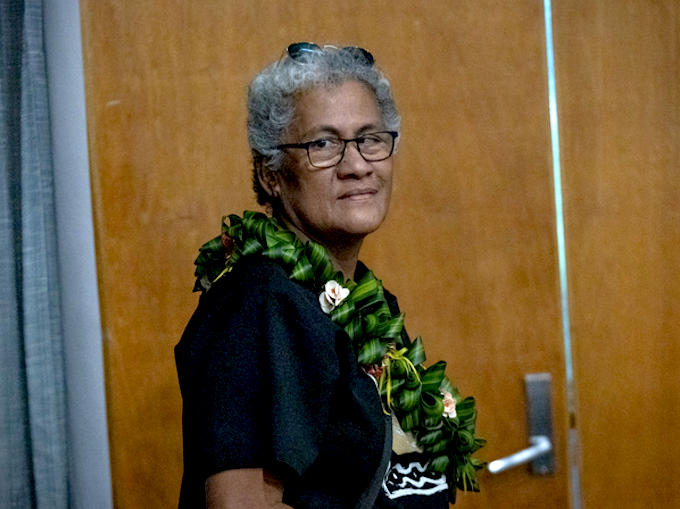
Keresoma told Talamua Online she had been summoned twice to the police station and the police suggested that she apologise publicly and to the complainant and the complaint would be withdrawn.
However, she said: “To apologise is an admission that the story is wrong, so after speaking to my lawyer and my editor, it was decided to have the police file their charges, but no apology from my end.”
Her lawyer also contacted the police investigating officer informing that her client was not making a statement but to prepare the charges against her.
Keresoma was summoned to the police headquarters on Saturday and Sunday and the charges were only finalised on Monday morning before she was released.
She is due to appear in court next month.
Lagipoiva Cherelle Jackson, the JAWS gender spokesperson with the International Federation of Journalists (IFJ), said in a statement Keresoma was a veteran Samoan journalist with “decades of service” to the public and media.
‘Outdated and controversial provision’
“Her arrest under this outdated and controversial provision raises serious concerns about the misuse of legal tools to silence independent journalism. The action appears heavy-handed and disproportionate, and risks being perceived as an abuse of power to suppress public scrutiny and dissent,” Lagipoiva said.
“The United Nations Human Rights Committee and UN Special Rapporteurs, particularly the UN Special Rapporteur on the promotion and protection of the right to freedom of opinion and expression, have repeatedly called for defamation to be treated as a civil matter, not a criminal one.
“The continued application of criminal defamation in Samoa contradicts international standards and poses a chilling threat to press freedom, particularly for women journalists who already face systemic risks and intimidation.”
Pacific Media Watch notes: “This is a disturbing development in Pacific media freedom trends. Clearly it is a clumsy attempt to intimidate and silence in-depth investigation and reporting on Pacific governance.
“For years, Samoa has been a beacon for media freedom in the region, but it has fared badly in the latest World Press Freedom Index and this incident involving alleged criminal libel, a crime that should have been struck from the statutes years ago, is not going to help Samoa’s standing.
“Journalism is not a crime.”
- Samoa dropped 22 places to 44th in the latest RSF World Press Freedom Index.


